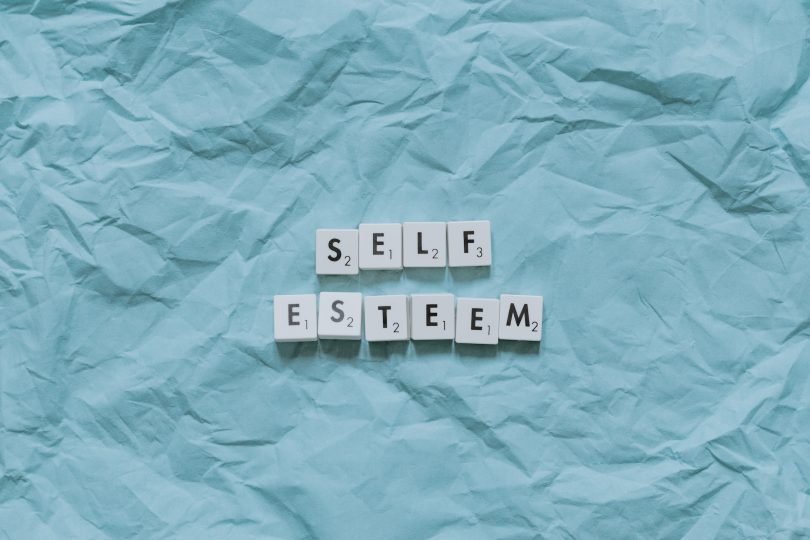Self-esteem is the way we think about ourselves and the value we place on ourselves.
We all criticise ourselves from time to time, but if you often think badly about yourself or judge yourself negatively you may have low self–esteem.
The individual feels incompetent, unloved, inadequate, constantly afraid of making mistakes or letting other people down.

Consider Taking These Steps To Address Low Self-Esteem Issues
- Recognise situations that affect self esteem
- Become aware of your thoughts and beliefs
- Challenge negative thinking
- Adjust your thoughts and beliefs
- Spot troubling situations
- Step back from your thoughts and take deep breaths in and out
- Accept your thoughts

Some Of The Many Causes Of Low Self-Esteem
These could have been an unhappy childhood where parents, siblings or other significant people such as teachers or friends were extremely critical. Poor academic performance in school or not being able to hold down a job resulting in lack of confidence.
Struggling academically or facing challenges in maintaining employment can erode one’s confidence. Additionally, ongoing stressors like relationship breakdowns or financial difficulties can further contribute to a sense of emotional upheaval.
Getting Your Self-Esteem Back
Try to get to know yourself again. For example, what makes you happy and what are your values. We are all good at something whether it is cooking, singing, doing a crossword or just being a great friend.

Strive to cultivate positive connections, practice self-kindness, develop assertiveness, embrace the ability to say no, and set meaningful challenges for yourself.
Is Low Self-Esteem A Mental Illness?
While it may not necessarily constitute a mental health disorder, there is a close connection between mental health and self-esteem. Persistent indicators of low self-esteem, particularly if enduring or significantly impacting daily life, could signal an underlying mental health issue.
Watch for signs such as heightened sensitivity to criticism, neglect of personal appearance, increased reliance on alcohol and drugs, an inability to assert oneself in the face of bullying or abuse, self-harm, the development of eating disorders, and, in extreme cases, thoughts of suicide.
Using CBT Within Low Self-Esteem
(Cognitive Restructuring) is a method of identifying ineffective patterns of thinking, untrue assumptions or negative beliefs and learning new more helpful ways of thinking about difficult situations. Cognitive restructuring for lack of confidence targets the inner critics assumptions about lack of ability or about others judgment. Core beliefs are identified and new more effective beliefs are adopted. CBT assists individuals in adopting more constructive and realistic perspectives by identifying and acknowledging unhelpful thought patterns that distort their perception of reality.
The impact of low self-esteem on one’s overall well-being is undeniable. It permeates various aspects of life, affecting relationships, personal development, and mental health. Recognising the signs and understanding the roots of low self-esteem are crucial steps toward fostering positive change. Embracing self-compassion, seeking support, and engaging in self-affirming practices can empower individuals to break free from the shackles of low self-esteem.

Photo by Alexander Grey on Unsplash
Let us embark on this journey of self-discovery and self-love, paving the way for a brighter and more fulfilling future.
Main – Photo by Pawel Czerwinski on Unsplash




